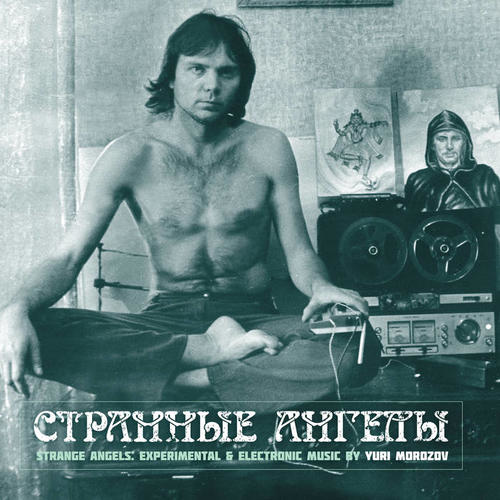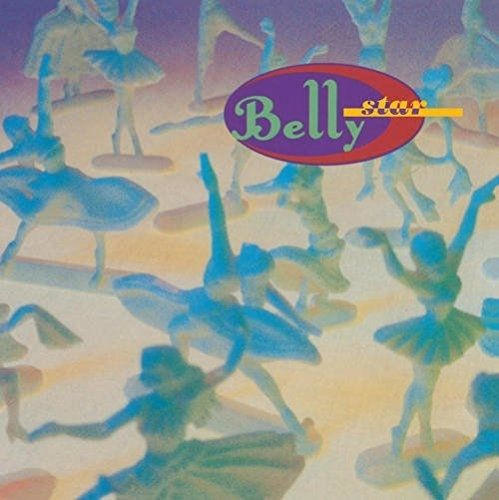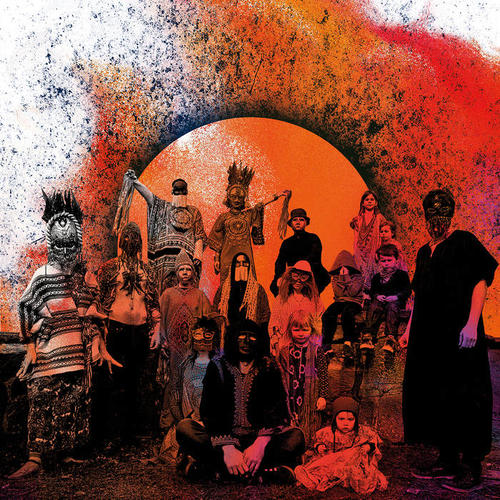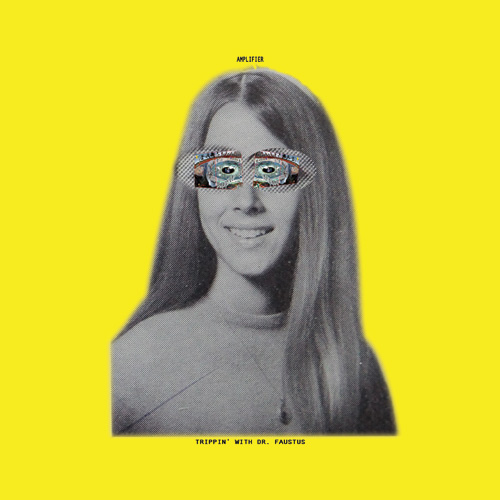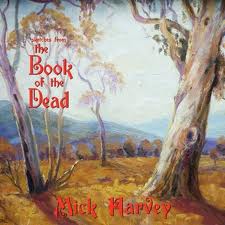 One of the hardest-working sidemen of the past three decades, Mick Harvey contributed enormously to the artistic success of both Nick Cave and PJ Harvey as well as the more low profile careers of Crime and the City Solution and Anita Lane. He seems able to turn his hand to just about any instrument, has a finely honed ear for arrangement and apparently even handled The Bad Seeds’ business affairs! On the occasions he has stepped out with a record bearing his own name, it has generally been an instrumental soundtrack or interpretations of other people’s work, including two pretty definitive collections of Serge Gainsbourg songs which he translated himself (is there no end to the man’s talent?).
One of the hardest-working sidemen of the past three decades, Mick Harvey contributed enormously to the artistic success of both Nick Cave and PJ Harvey as well as the more low profile careers of Crime and the City Solution and Anita Lane. He seems able to turn his hand to just about any instrument, has a finely honed ear for arrangement and apparently even handled The Bad Seeds’ business affairs! On the occasions he has stepped out with a record bearing his own name, it has generally been an instrumental soundtrack or interpretations of other people’s work, including two pretty definitive collections of Serge Gainsbourg songs which he translated himself (is there no end to the man’s talent?).
If Harvey lacks the poetic turn of phrase and philosophical profundity of his erstwhile collaborators, he brings to his writing the attention to detail that he has been applying to music for decades. Occasionally names and events are mentioned, but the loss is largely implicit in the details – in “Two Paintings” he notes: “It’s two paintings by your old friend / Gustav Pillig, that in the end / recreate for me the contents of your rooms” before describing the details of the paintings themselves. In “The Ballad of Jay Givens” he remembers his father’s best friend from the clergy who was driven to end his life with a shotgun by some unspoken hidden secret. There’s an almost dry documentation to the songs that is vastly more affecting than any amount of emotional outpouring. “A Place Called Passion” seems a companion piece to the harrowing First World War tales on PJ Harvey’s wonderful Let England Shake that Mick was presumably working on in parallel with his own record. Here Harvey reflects on a set of books that have come into his possession, previously owned by a young fatality of Paschendale: “And in all eight volumes / Is a dedication / Inside the cover / “For your 21st birthday / To a bright future” / From your father and mother”
The mood is (of course) sombre throughout and the pace (naturally) funereal. Harvey plays most of the instruments himself, with only splashes of accordion, violin, double bass and backing vocals provided by guests. Unsurprisingly, the sound is not a long way from The Bad Seeds, although atmospheric drones and ambience at times augment the largely acoustic instrumentation. As a songwriter, Harvey slips easily into the long outsider tradition that runs through the work of great Australian groups like The Saints, The Go-Betweens and The Triffids as well as his own past groups. He might not have the gallows humour of Nick Cave or the widescreen authority of David McComb to temper his dark tales, but Sketches from the Book of the Dead shows Mick Harvey to be far, far more than merely a dependable sideman.-Alan Holmes-
